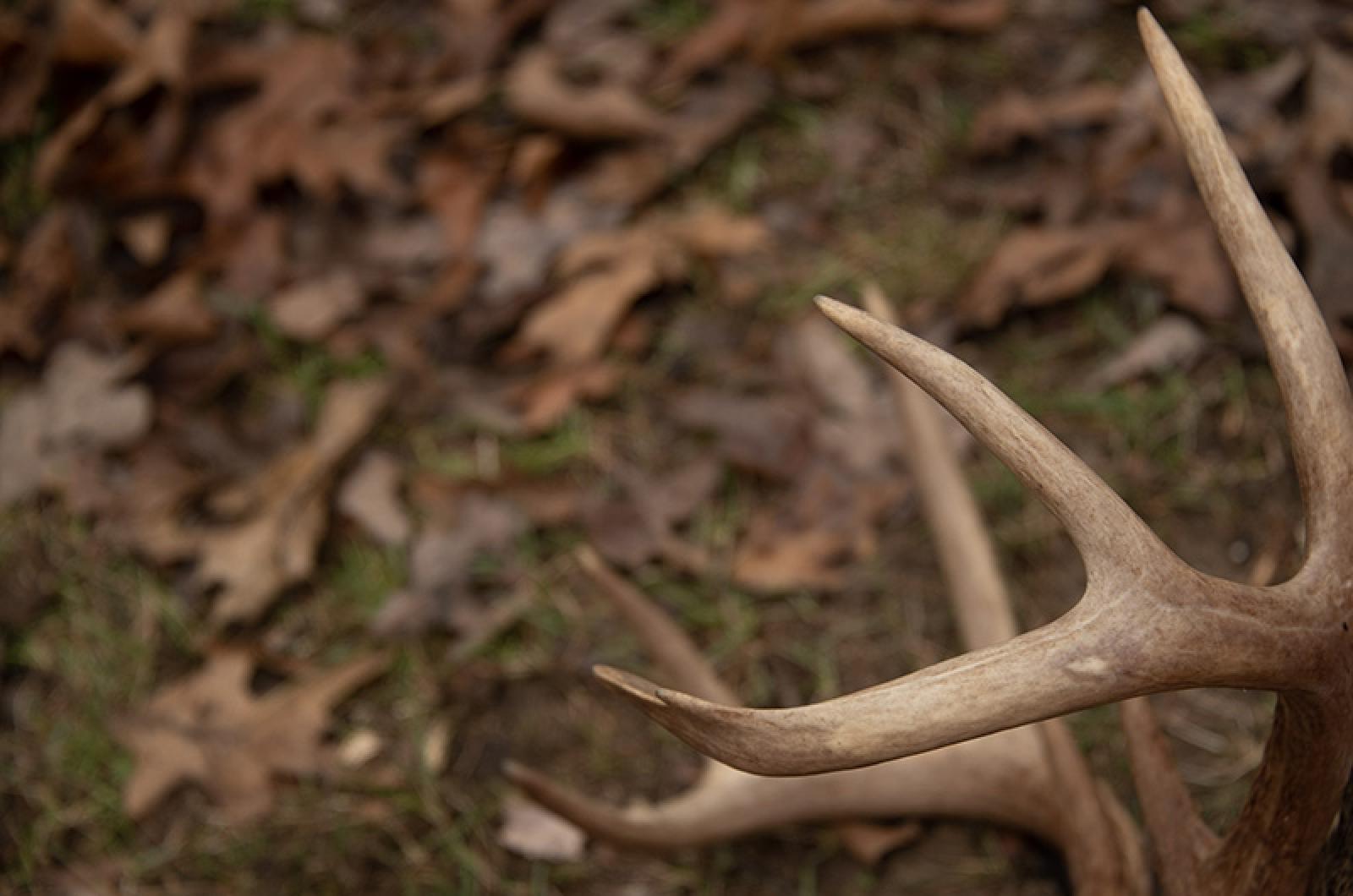With deer hunting season in full swing, six Island police chiefs are registering unanimous concern about the shrinking presence of environmental police on Martha’s Vineyard.
In a letter sent to the state Executive Office of Energy and Environmental Affairs (EEA) last summer, all six Island police chiefs expressed “our growing alarm concerning the diminished presence of the Massachusetts environmental police on our Island.”
A followup letter was sent in late September.
Overseen by the EEA, Massachusetts environmental police are charged with protecting the environment and natural resources, including game, fish and wildlife, through enforcement, education and public outreach. The specially trained police have a wide scope of jurisdiction, with responsibilities that range from stocking ponds to monitoring boat and forest safety and patrolling land that may be used to hunt or fish. Only environmental police can issue citations for violations of fish and wildlife regulations.
There are currently 79 environmental police officers in the state, spread among eight coastal and seven inland regions which are further divided into districts. Martha’s Vineyard is its own district.
Formerly a full-time post, environmental policing on the Island was reduced to part time about 15 years ago when Sgt. Bill Searle retired. Currently Sgt. Theodore Whitney travels to the Island from Falmouth, working 24 hours a week.
Edgartown police chief Bruce McNamee, who has led the effort to restore a full-time officer on the Island, said the need became even more apparent this year with the launch of a new program that provides a monetary incentive for bow hunters to take more deer. The program is aimed at reducing the overpopulated herd and stemming the spread of tick-borne illnesses.
The two-week shotgun season for deer hunting opens next Monday.
Chief McNamee said given the many licensed hunters, fishermen and boaters on the Island in general, part-time patrol is insufficient. “Traditionally, one full-time officer would be assigned to Martha’s Vineyard. They would live on the Island and put in their 40 hours a week,” the chief said, referring to past practice.
Maj. Patrick Moran of the Massachusetts Environmental Police told the Gazette by phone that of the 15 regions in the commonwealth, not one is fully staffed.
On the Vineyard, Major Moran said the high price of housing has posed an obstacle to hiring. “Of course we want to have a presence on the Island,” he said. “We have a manpower shortage and we are working to correct it.”
Chief McNamee, who is a former environmental police officer himself, said he understand the challenges facing the state, but expressed concern that if the problem is not addressed it will become normalized and accepted by the community and the state. And he said local departments lack the expertise and resources for enforcement of fish and wildlife laws.
Oak Bluffs police chief Erik Blake, who has hunted on the Island all his adult life, said citations for minor civil infractions such as trespassing, and major criminal infractions such as poaching, were common when there was a full-time resident officer on the Island.
“The right term is deterrent,” Chief Blake said. “Back in the day when there was someone living here, you knew you may get stopped. The possibility was there, and that was enough. But . . . when the cat is away the mice will play.”
He noted a decline in citations issued by environmental police in recent years. But a lack of citations does not necessarily mean violations are declining, Chief Blake said.
“You never know what the volume of unreported crime is,” he said.
Three Vineyard land trusts — Sheriff’s Meadow Foundation, the Martha’s Vineyard Land Bank and Trustees of Reservations — have also written to the EEA echoing the police chiefs’ concerns.
“This is a very important issue,” said Adam Moore, executive director of the Sheriff’s Meadow Foundation. “We have a rural community here with a hunting tradition, and I think that it is an unmet function without more of a presence.”
Bret Stearns, the longtime natural resources officer for the Wampanoag tribe in Aquinnah, joined the chorus.
“Of course, it is something we care about deeply,” he said. “We always want to have a strong presence from the environmental police officers. We understand there are tough constraints in meeting the demands of the position. We mean it only to support the fact that we are a community that cares about our fish and wildlife.” He concluded: “Anything less than full-time out here is noticeable.”
The tribe staffs its own environmental police force on tribal lands; two officers were recognized for their outstanding work this past September.
A spokesman for Gov. Charlie Baker took a neutral stance on the issue.
Speaking to the Gazette by phone, EEA communications director Katie Gronendyke acknowledged receipt of the letters and said the department will “continue to work with local officials to ensure coverage of Martha’s Vineyard and protection of the Island’s environment and natural resources.”
Meanwhile, Chief McNamee said local departments have discussed way to “get creative” in somehow subsidizing a resident environmental police officer by helping to provide housing.
“You have to look to where your activity is, and do your best with the resources you have,” he said. “Martha’s Vineyard is, and should be, an area of high priority. The Island deserves to have a better level of environmental protection than we are currently receiving.”





Comments
Comment policy »